This committee is responsible for managing, connecting, creating, organizing, and operating international theater festivals and exchange programs of the World Theatre Association.
Reporter: As chairman of IFCPC/ITI, what is the first thing that comes to mind?
- Director LE QUY DUONG : I envision diverse and unique paths of cultural heritage and artistic creation being opened up and intersecting, allowing people from many different civilizations and identities to directly share and work together towards common goals.
Why has Vietnamese theater not yet achieved much success in international exchanges?
Because the pathways for international exchange and integration have not yet been fully opened, the doors to cooperation and innovation have not yet been fully opened.
There are three reasons why our theater still faces many difficulties in international exchange and cooperation. Firstly, there is the issue of training. As long as the curriculum at theater schools is not perfected, supplemented, and updated, our theater will remain backward. And if we are backward, we cannot integrate.
Secondly, there's the issue of the management and operation of theatrical life. We seem to have theatrical movements that focus only on competitions, performances, and festivals; we haven't truly focused on developing artistic creations that appeal to the audience. The evidence is that we have many theatrical artists with titles, but the theaters are not brightly lit.

Director Le Quy Duong and Korean actors at the 36th World Theatre Congress in Fujairah, United Arab Emirates. (Photo: TOM JOHNSON)
Thirdly, there is still a very biased and distorted perception between state-owned and private theaters, and between domestic and international theaters; creating an equal atmosphere for theatrical creativity domestically is already difficult, and international exchange and integration are even more challenging.
In his new role, what will he do to continue promoting Vietnamese theater to the world?
- Ever since I was a student majoring in directing in Australia, I've worked on many theatrical exchange and collaboration projects between Vietnam and other countries. This new role will give me a more comprehensive and profound perspective, allowing me to better understand the theatrical values of our nation so that international colleagues and audiences can grasp the country and people of Vietnam with more refined and subtle emotional layers.
I want to emphasize that international colleagues and audiences greatly appreciate, enjoy, and are curious about Vietnamese theater. They don't just want to see a purely theatrical performance; they also want to explore emotional pathways, opening new doors of understanding to connect with our people and country in various areas of cooperation. I will strive to connect and not miss these opportunities.
According to him, in order to obtain a source of good scripts, should the scriptwriting camp model that we have been using in recent years be changed?
- Vietnamese theater is proud of the names of many great playwrights across the country. However, to produce even more excellent scripts, it is necessary to objectively and fairly assess and evaluate, and to have new methods of training, motivating, and encouraging today's young playwrights. The requirements for a good stage script demand very specific principles. Current scriptwriting workshops urgently need comprehensive changes and the addition of many new methods. In-depth training programs on skills are needed for promising young playwrights.
What specific mechanisms are needed for Vietnamese theater to interact and expand its reach with international theater in the future?
- The principles that have become customary in theatrical exchanges and international festivals are coordination and collaboration. There are two forms of cooperation. The first is commercial and profit-driven. The second is non-profit cooperation and exchange.
What is needed here is a mechanism in place, encompassing personnel, finances, and specialized artistic products, to develop programs that qualify for participation in large-scale professional international theatrical arenas.
What projects is he working on for the Vietnamese theater scene in 2023?
- Currently, several major international theater festivals in Africa, Europe, and Asia have approached us with invitations to Vietnamese theater performances. I sincerely hope that our theater will receive the general attention of the government, professional associations, public and private theaters, groups, and even individual theater artists, so that we do not waste these opportunities.
What is your opinion on the statement in the "Strategy for Cultural Development until 2030" that "Vietnam will strive for cultural industries to contribute 7% of GDP"?
- I believe that confidence must be based on objective, transparent, and accurate practical assessments and analyses. In the field of theater in particular, and culture and arts in general, I strongly believe this strategy can be implemented by 2050.
Every industry needs professionalism. To be professional, one must have a high degree of specialization. To have a high degree of specialization, one must have people. People are always the central requirement and create the most fundamental value.
International theatrical events take place daily across all five continents. Therefore, the opportunities for theatrical collaboration between Vietnam and the world are immense. Many international theater festivals are eager to have Vietnam participate.
Source








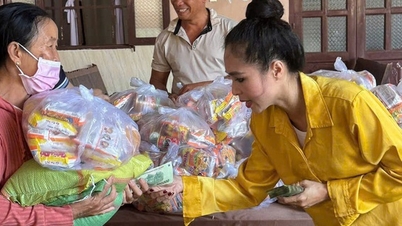
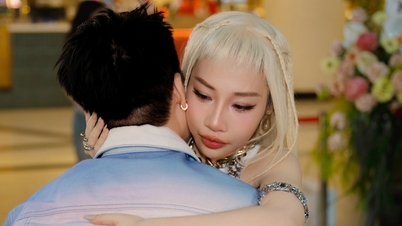

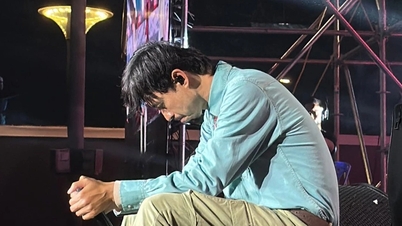
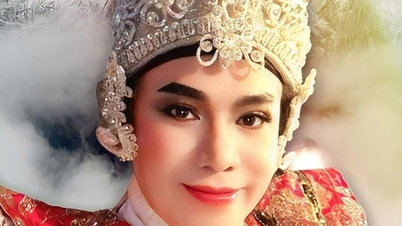






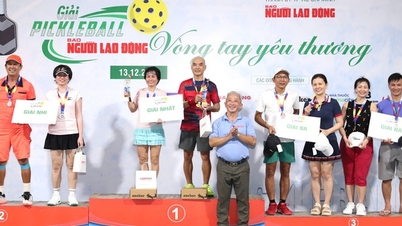
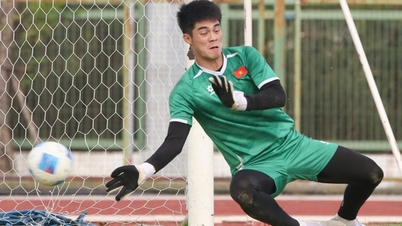
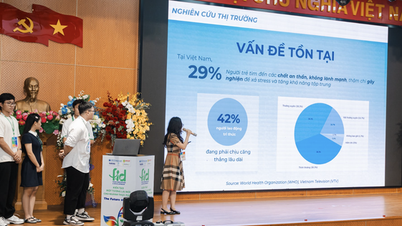
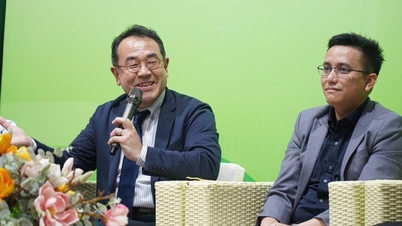
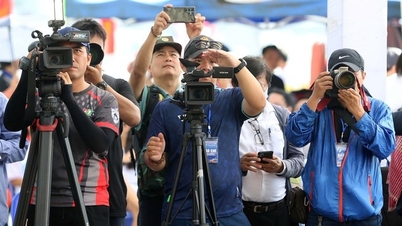
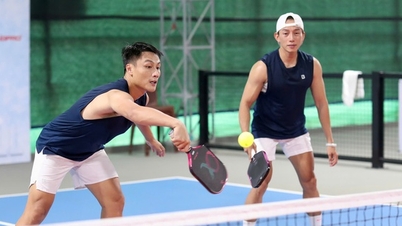




































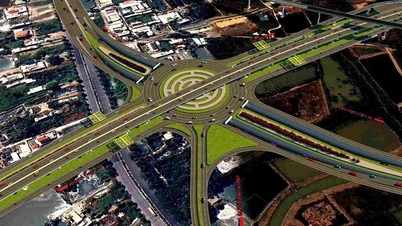
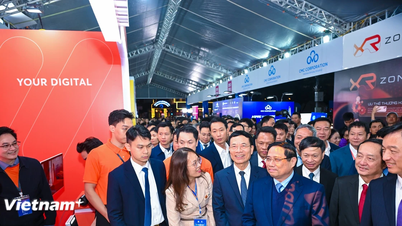

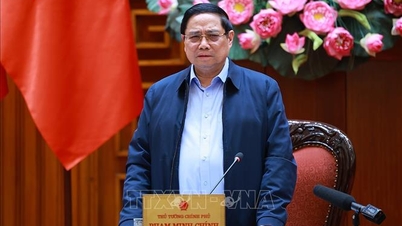

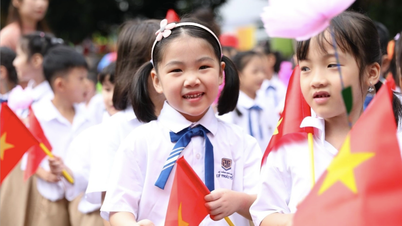

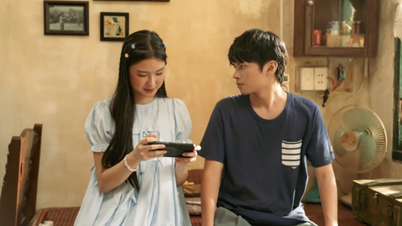

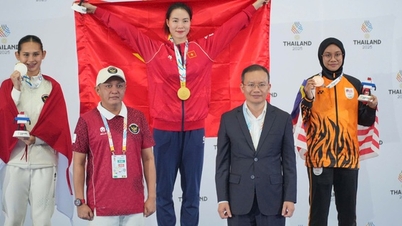

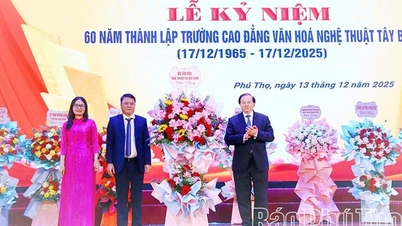
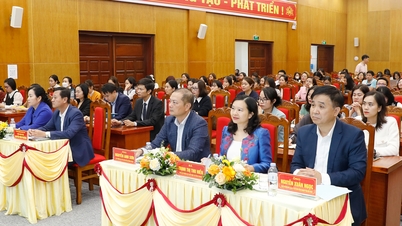

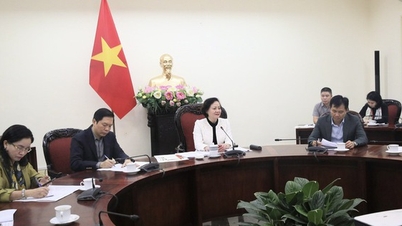
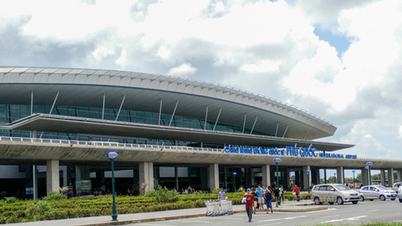
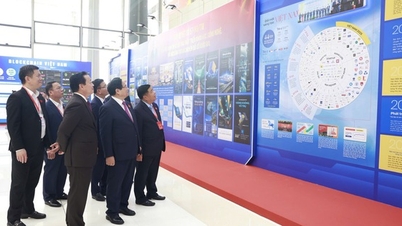
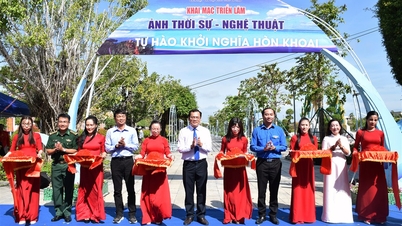
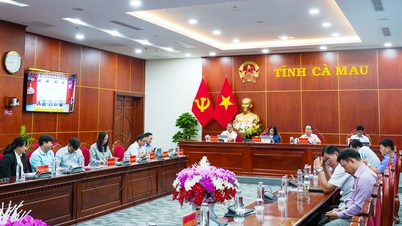
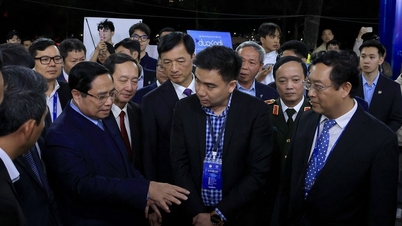

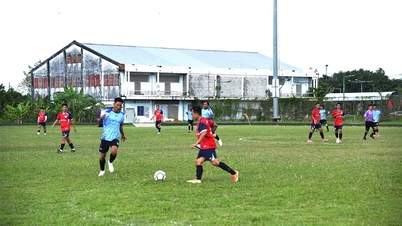
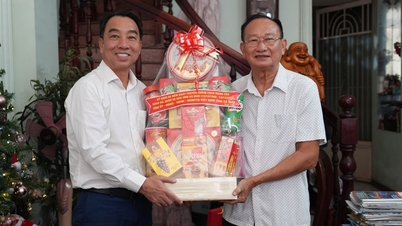
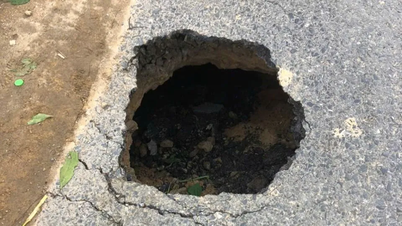











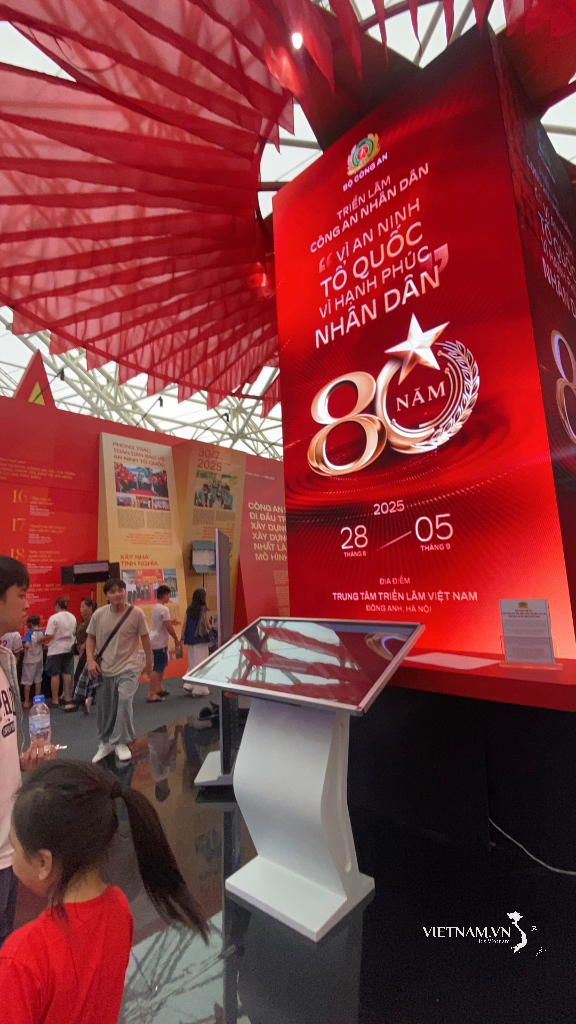



Comment (0)